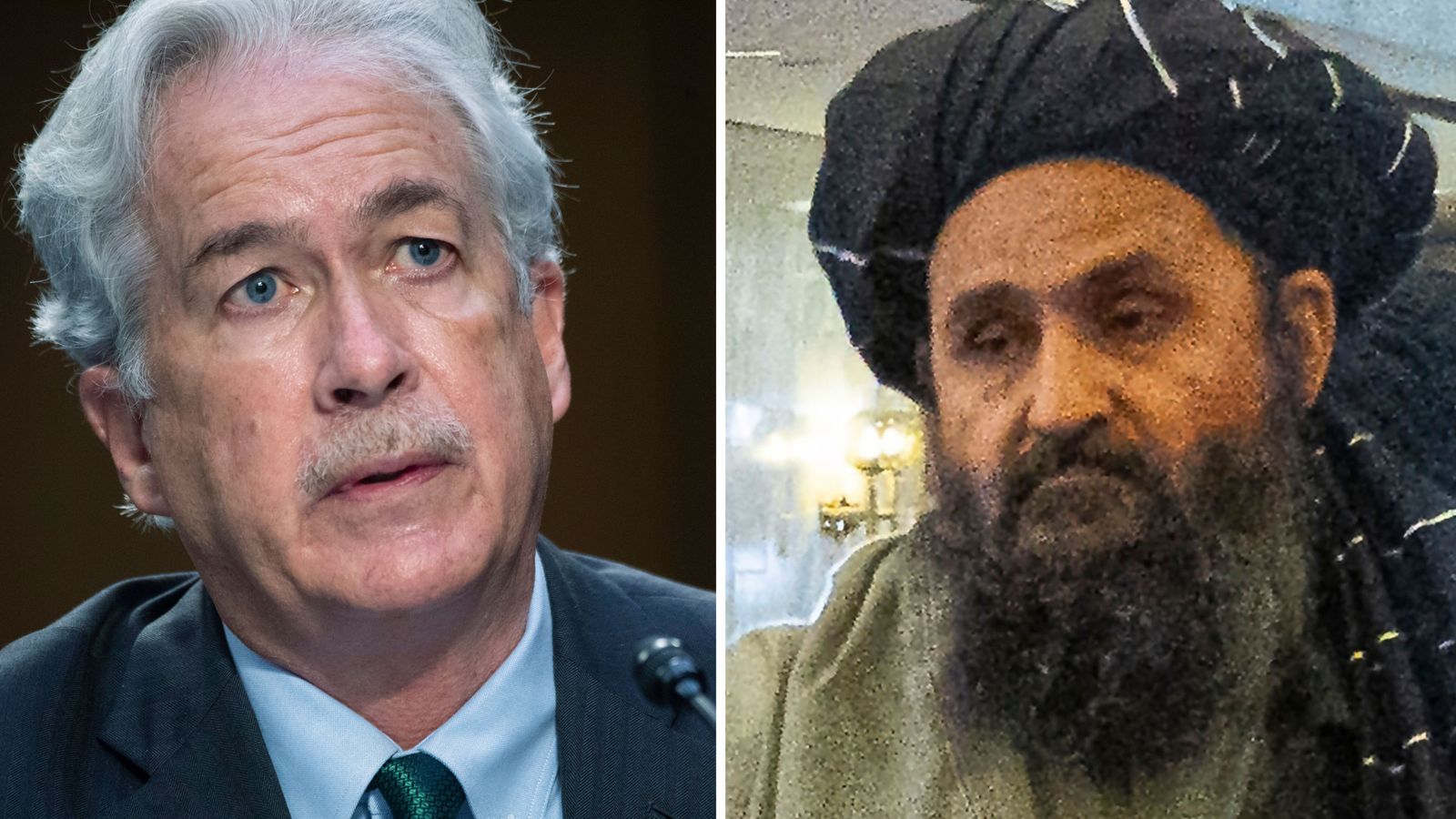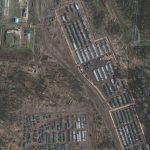The director of the CIA has secretly met the Taliban leader – as Joe Biden considers whether to extend his deadline to pull US troops out of Afghanistan.
The American president dispatched his spy chief William Burns to Kabul to meet the militant group’s co-founder and political chief Abdul Ghani Baradar on Monday, NBC News reported, citing a senior diplomat and another source.
It is not yet known what the two discussed during the highest-level diplomatic encounter since the Taliban took over the capital city.
The CIA has declined to comment on the talks.
It comes ahead of an emergency meeting of the Group of Seven (G7) countries to discuss the situation in Afghanistan.
The leaders are expected to discuss the approaching refugee crisis and the collapse of the Afghan government.
They will also discuss whether President Biden’s self-imposed deadline of 31 August for the complete withdrawal of US forces could be extended to allow more people to be evacuated.
US officials have not commented on whether an extension is likely, but a Taliban official warned of consequences if foreign forces remain past the withdrawal date.
Crowds of Afghans rushed on to the tarmac last week and some clung to a US military plane as it took off, later plunging to their deaths.
At least seven people died that day, with another seven killed on Sunday in a panicked stampede.
Please use Chrome browser for a more accessible video player
Michelle Bachelet, the UN human rights chief, warned there were credible reports of “summary executions” and restrictions being imposed on women under Taliban control.
Ms Bachelet urged the Human Rights Council to take “bold and vigorous action” to monitor the situation in Afghanistan.
“At this critical moment, the people of Afghanistan look to the Human Rights Council to defend and protect their rights,” she said.
“I urge this council to take bold and vigorous action, commensurate with the gravity of this crisis, by establishing a dedicated mechanism to closely monitor the evolving human rights situation in Afghanistan.”
Ms Bachelet cited reports of “summary executions” of civilians and former security forces, the recruitment of child soldiers and restrictions on the right of women to move around freely and of girls to go to school.
She also cited repression of peaceful protests and expressions of dissent.






















